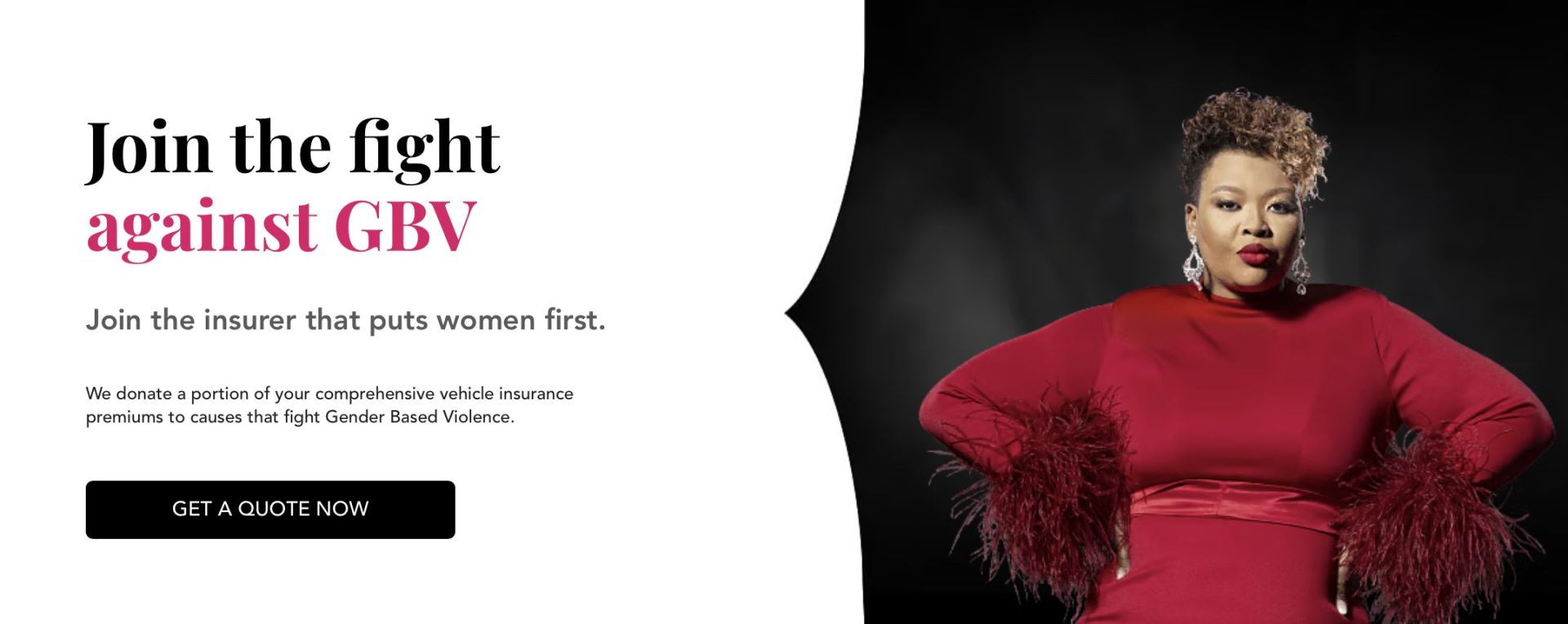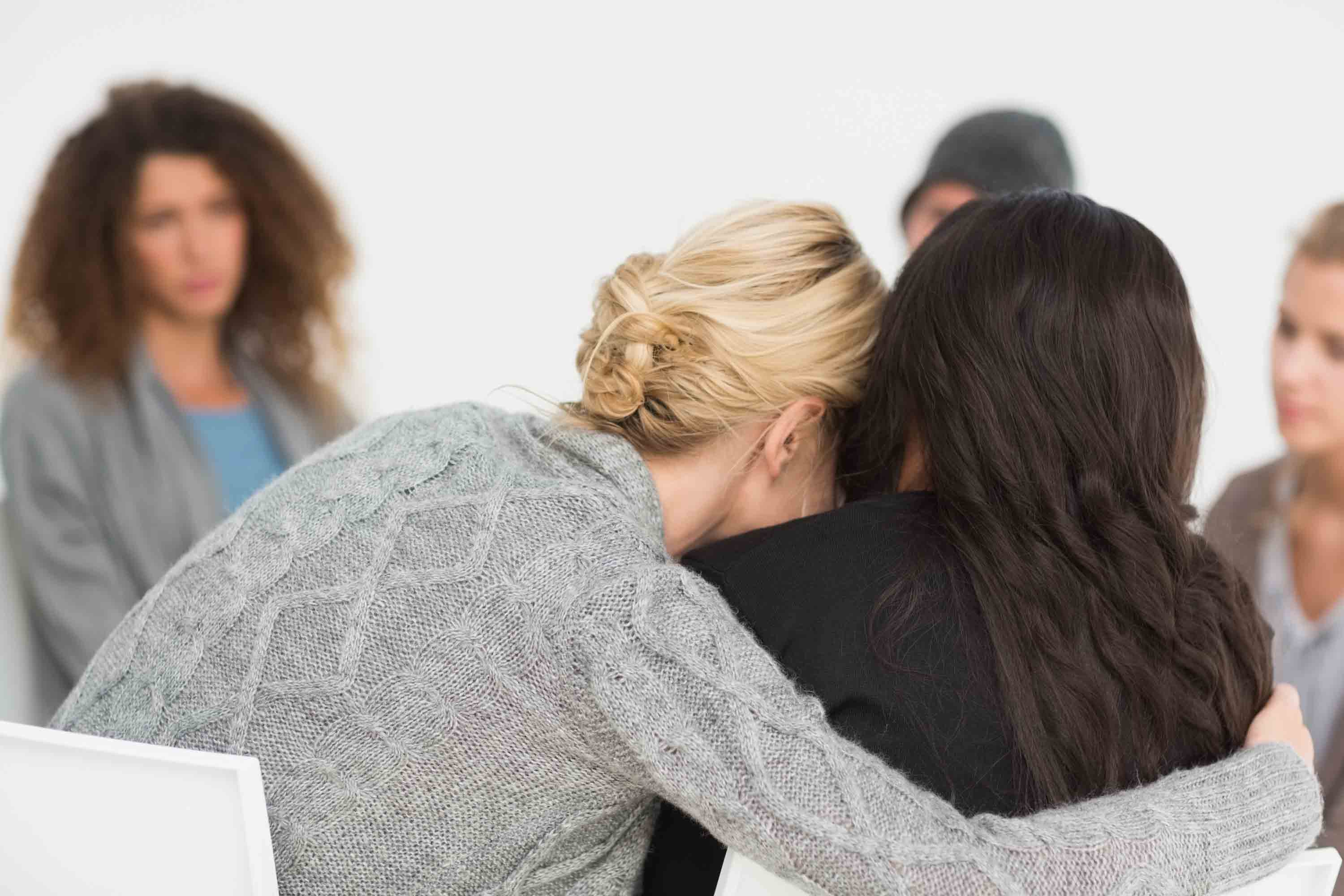365 days against Gender-Based Violence and Femicide: Uniting for women’s safety beyond annual campaigns! Because 16 Days is Not Enough!
Johannesburg, South Africa (05 February 2023) – Every year, between 25 November and 10 December, speeches are made, interventions are launched, marches are attended and hashtags are created to condemn violence against women.
For 16 days, we are outraged – proclaiming that enough is enough – and yet, violence against women continues, unabated.
In 2019, 1st for Women Insurance, The Minister in the Presidency for Women, Youth and Persons with Disabilities and the UN Women officially launched the 365 Days of Activism against Gender-Based Violence and Femicide (GBVF) mobilisation campaign to ensure that the national crisis gets the attention it deserves, not just for 16 days but for 365 days a year, every year (or 366 this year).
And that’s why you’re reading this article today. It’s a reminder that there is a war being raged on women’s bodies and their safety is under constant threat.

Here are two things you can do today to fight back because we all have a role to play in ending this epidemic.
Give Help. Get Help.
1st for Women Insurance, through the 1st for Women Foundation, has been actively fighting women’s abuse since 2005 and has raised over R98 million for women’s abuse causes, making a tangible and sustainable difference to the lives of many victims and survivors.
Seugnette van Wyngaard, Head of 1st for Women says that women abuse is a complex, multifaceted issue that cannot be fought in isolation and that only by coming together and joining forces are we able to eradicate this scourge against our society.
“Awareness alone cannot create change, it requires action too. One of the ways you can be the change is by pledging to fight women abuse, and then giving help to one of the many organisations in South Africa that are fighting against women abuse,” says van Wyngaard.
The For-women.co.za platform is an online resource that consolidates women abuse fighting efforts in one place. It also enables survivors to find the right help, quickly.
Speak Up
Awareness and education is another fundamental tool in the fight against women abuse. By sharing resources aimed at ending GBVF, you can play your part.
One of these resources is a tech-enabled solution called SPEAK UP® which was launched by the TEARS Foundation, 1st for Women and the Industrial Development Corporation (IDC), in conjunction with the Department of Basic Education (DBE),
“SPEAK UP® was created to enable and provide South African youth with sex education on their cellphones and assists users in making informed decisions about their sexual health. This a digital tool offers a series of short, interactive and animated videos, with subtitles, in case the user needs to watch the video in private. The videos, which are available free of charge on zero-rated sites, can be accessed by dialling *134*7355# and selecting option 3,” says van Wyngaard.

But what if putting an end to women abuse in South Africa means that you say: enough is enough? TEARS offers the following advice for victims of GBV:
- It is not your fault: When you are in an abusive relationship, you might find you blame yourself for it, because your partner manipulates you into believing it is your fault. Abuse is never your fault. There is nothing you could do or say that would make it okay for someone to hurt you in any way.
- Do not feel guilty: Feeling guilty about the abuse can also make you feel shameful about opening up to others about it. There is nothing to be ashamed of. You did not choose to be in a relationship with an abuser. It is not your fault.
- Make notes: Write down everything you can about the abusive incidents when your abuser is not around. Take screenshots of any abusive messages they send to you. If you are being physically abused, take pictures of the marks on your body, and go and see a healthcare practitioner. The evidence can help you when you need to file a report with the police or get a protection order. Even if you have not written anything down before, write down what you remember from previous abusive episodes. You might already have messages as proof, keep those too. Just remember to keep those notes and images out of your partner’s sight.
- Safety planning: This a crucial step for someone involved in an abusive relationship.
- Do not tell your partner that you are leaving them.
- Trust your instincts.
- Practice how to get out safely, with your children.
- Teach your children that violence is never right, even when someone they love is being violent. Tell them that neither you, nor they, are at fault or are the cause of the violence, and that when anyone is being violent, it is important to stay safe.
- Put together an emergency bag with money/credit cards/debit cards, extra keys, medicine, and important papers such as birth certificates. Keep it somewhere safe and accessible.
- Consider speaking to a trained domestic violence counsellor to create a detailed safety plan.
However you plan to fight women abuse, do it all year round. It is also not something that can be addressed at specific times of the year – it needs to be front and centre in our minds at all times.

